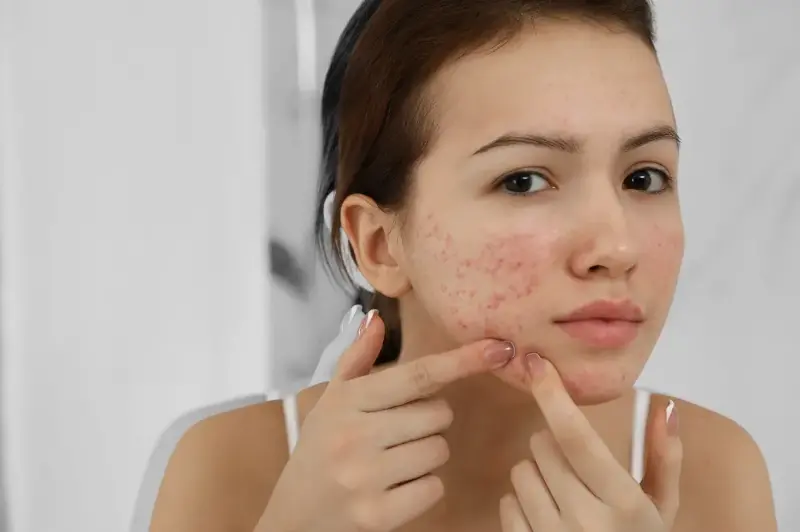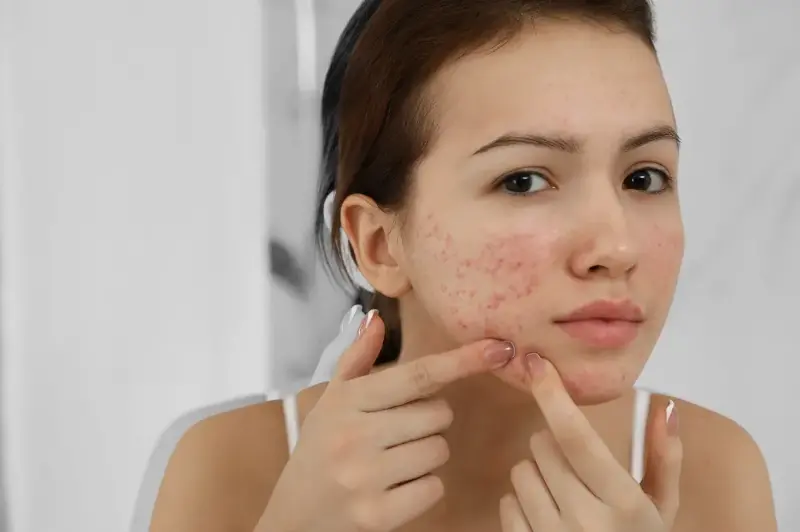
PHYSICAL and emotional state is important as both shape the trajectory of puberty, experts stressed.
According to Prince Court Medical Centre Consultant Obstetrician and Gynaecologist and Fertility Specialist, Dr Maiza Tusimin, a child’s physical and emotional state play a major role in shaping how smoothly puberty unfolds.
She said parents can support healthy, natural development by focusing on the basics:
- Maintaining a balanced diet and preventing excess weight gain.
- Encouraging regular physical activity.
- Limiting exposure to plastics and chemicals with food when possible.
- Ensuring good sleep and stress management.
- Scheduling regular health check-ups to monitor growth and puberty signs.
"These steps don’t delay puberty artificially," Dr Maiza explained.
She said that they help children progress at the pace their bodies are meant to.
She added that maintaining a healthy weight is the most evidence-based step to reduce the risk of early puberty, while reducing stress helps keep hormones balanced.
"Minimising exposure to endocrine disruptors such as plastic chemicals like BPA is also a sensible precaution, even if research is still evolving," she told Sinar Daily.
But for Dr Maiza, one of the most important things parents can do is talk openly.
"Equally vital are body literacy and open conversations at home, which help children understand changes, reduce fear or shame and build resilience," she said.
In short, she added that good health habits plus honest communication give the best protection and support for girls going through puberty.
The emotional toll of growing up too fast
Dr Maiza said early puberty can bring emotional and social challenges that go beyond the physical.
"Being physically more mature before peers can feel overwhelming.
"That’s why I emphasise careful monitoring of growth, bone age and psychosocial well-being, so that we can step in early if needed to protect not only their final height but also their long-term health and self-esteem," he explained.
She added that hormonal changes linked to early puberty may have lasting health effects.

Dr Maiza decribed that earlier puberty means a girl’s ovaries start producing oestrogen at a younger age, extending the total number of years her body is exposed to this hormone before menopause.
She explained that this longer lifetime oestrogen exposure is linked with a higher risk of hormone-sensitive cancers such as breast and endometrial cancer later in life.
Beyond the medical risks, Dr Maiza pointed out that girls who mature early often face psychological and social pressures.
"They are more likely to experience low self-esteem, body image concerns, anxiety and depression, partly because they look older than their peers but are not emotionally ready," she said.
She also noted that research shows early puberty is linked to increased risks of peer pressure, bullying and even early sexual activity.
"These impacts can persist into adulthood. That’s why early recognition and supportive counselling are just as important as medical management itself," Dr Maiza stressed.
At its core, Dr Maiza’s message is simple but powerful: puberty doesn’t have to be scary.
"With open conversations, balanced routines and emotional support, parents can turn this challenging transition into a journey of growth, not confusion," she reminded.
